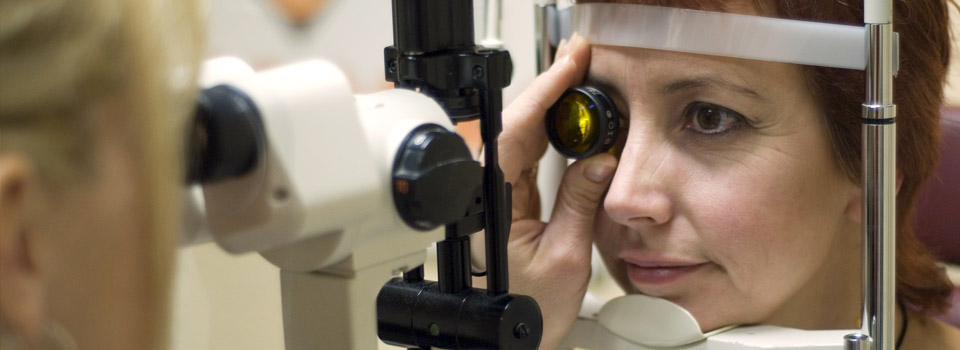While many correlate eye allergies with the spring, a large number of people experience symptoms during the autumn as well. Above sneezing and a stuffy or runny nose, eye allergies are often a significant source of discomfort.
When suffering from allergies, the eyes are often itchy, swollen, and red and often sting or water. Often vision becomes blurry or eyes become sensitive to light. These effects can be so debilitating for those suffering that they prohibit an individual's ability to perform in work, school, sports and leisure activities.
When an individual with allergies is exposed to a substance he is sensitive to, the immune response is to release histamines to defend against the ''intruder''. This defense by the hypersensitive immune system results in the symptoms we all know such as sneezing, couching and congestion as well as eye related symptoms.
For contact lens users eye allergies can often be exacerbated since contact lenses can often collect pollen. In addition, when our eyes itch, our first reaction is usually to rub them which can cause even more irritation for those wearing contacts. until the season ends. If you wear contacts and experience seasonal allergies, it could help you to try switching brands, particularly to single use, daily disposables which minimize the potential for pollen collection. You don't have to suffer from your contacts - schedule an appointment at our Overland Park, KS eye care practice to talk to a professional about your condition.
Whether you wear contacts or not, here are some tips to minimize fall ocular allergies:
- Check the local pollen count and stay indoors when counts are high, particularly at peak times such as midday.
- Use big sunglasses to help block the pollen from entering your eyes.
- Clean carpets and curtains frequently to get rid of pollen that has entered the house.
- Rather than sweeping, clean floors with a damp mop, which is more effective at cleaning away allergens.
- Use chilled artificial tears or use cold compresses for extra soothing.
- Eliminate mold in your home by keeping humidity under 50% and using a dehumidifier if necessary.
While over the counter medications and eye drops can sometimes help relieve symptoms, you may need something stronger. In this case, schedule an appointment with your eye doctor now to talk about your options and begin effective treatment. Our Overland Park, KS eye care practice is here to help you in regaining your comfort this fall!



